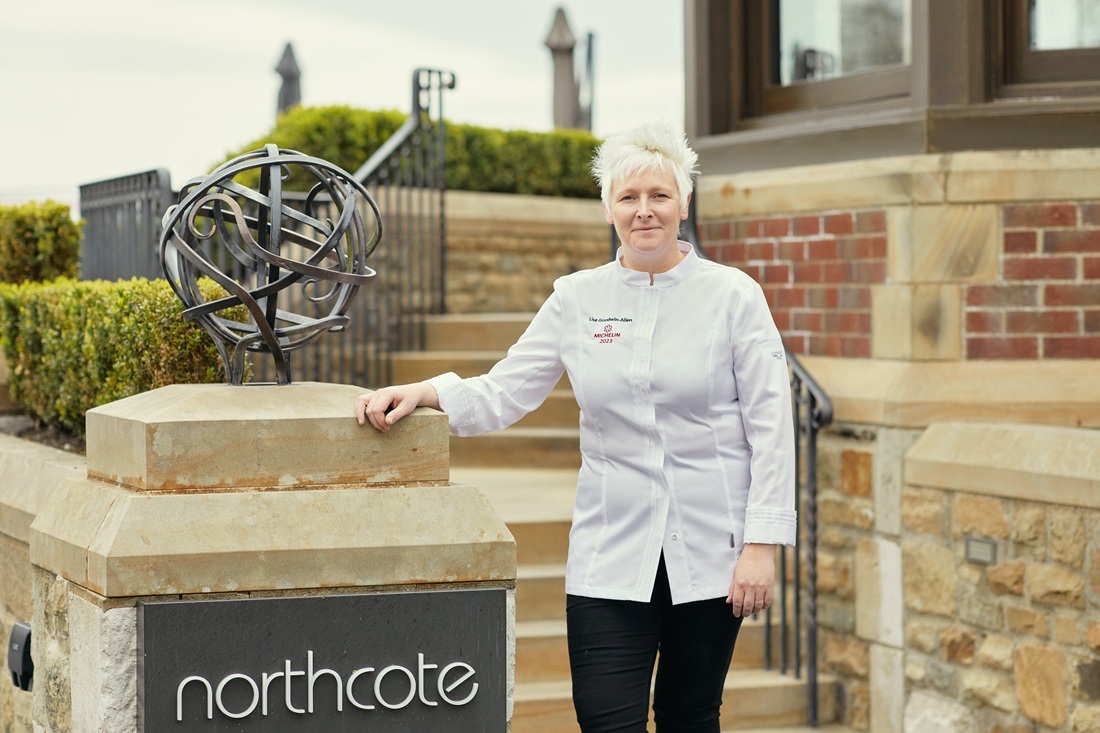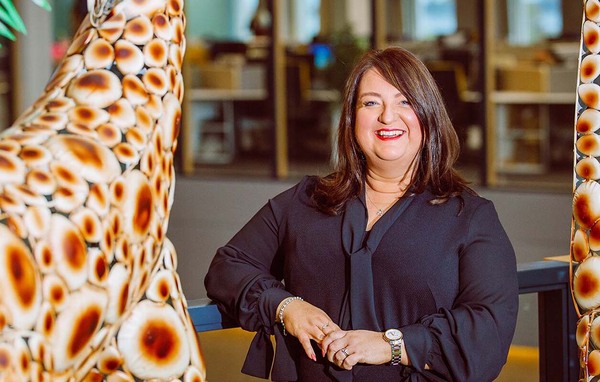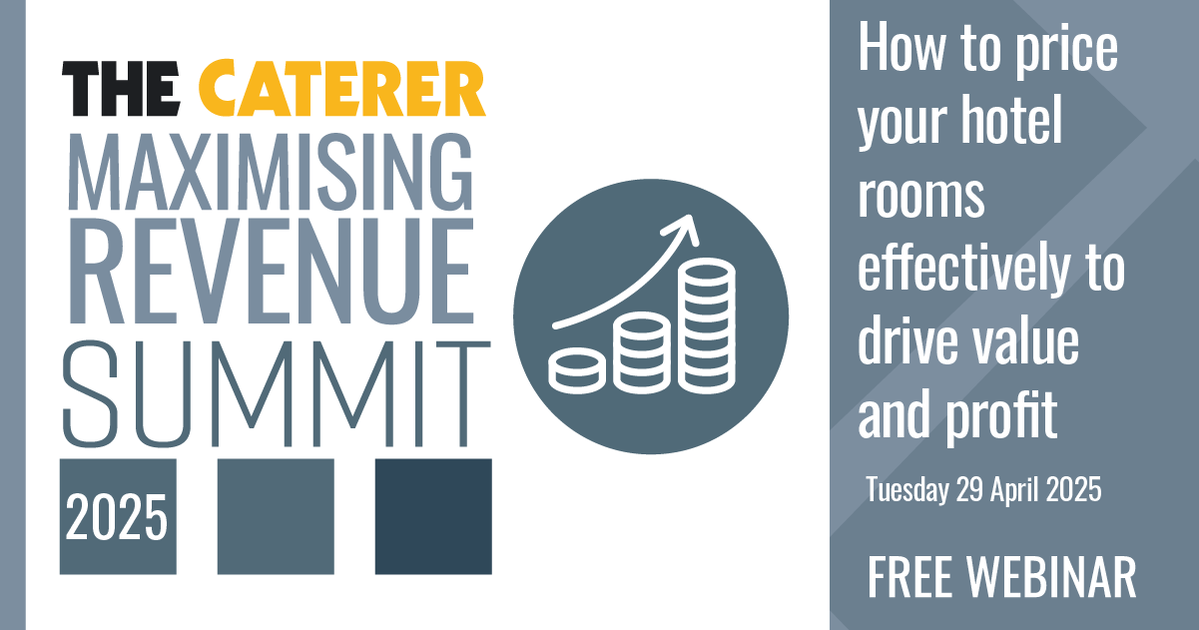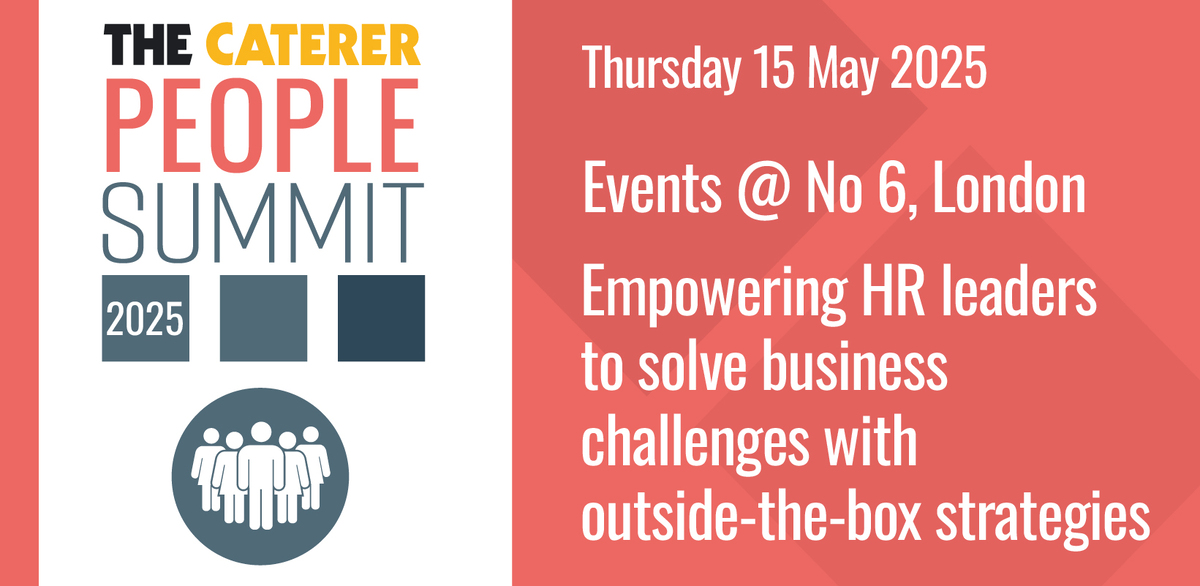Best Places to Work Winner's Profile: Ego restaurants
As we continue our search for the 2008 Best Places to Work in Hospitality, run in association with Corecruitment, Emma Allen catches up with 2007 category winner Ego Restaurants
Ask Jason Ellison, managing director of restaurant chain Ego Restaurants, how he attracts and retains staff and his answer is simple: "It's about providing a secure and fun environment, and giving everyone an input into the business," he says.
It's a straightforward approach, but one that clearly impressed the judges at this year's Best Places to Work in Hospitality Awards, in which Ego Restaurants scooped top prize in the restaurants and bars with 1-10 units category. The North-west brand earned high praise for its commitment to staff and for its "positive working environment". In particular, the panel highlighted how the group's close-knit, fun culture had led to a highly motivated workforce and low turnover rate.
Winning the award is certainly a fantastic achievement for a company that has been around for only eight years. Ellison and co-founder Jonathan Poole, both 36, launched the first Ego in Heswall, Cheshire, back in May 1999. Today the Mediterranean-style chain employs 180 people across its five sites. A new restaurant in Bramhall, Cheshire, opened recently, and three more restaurants are planned in the next 12 months.
Financially, the picture looks healthy, too. End-of-year turnover for the group was £6.5m last year, showing a 26% increase in sales on the previous year, and next year's turnover is predicted to be in the region of £8.5m.
Ego was the first independent restaurant chain in the North-west to win Investors in People status (in 2001). Ellison explains that, when he and Poole were talking about launching the Ego concept, they both agreed on a responsible staffing policy from the beginning.
"We agreed, right from day one, that as a small company looking to grow we wanted to invest properly in the people who worked for us," he says. "We have always had the philosophy that they're the ones that look after the customers, who in turn look after the business."
But they both admit they were surprised at what they discovered when they started recruiting for the first site. "We would interview people, and they'd tell us they had never had a contract before, or they were paid cash out of the till, or sometimes not even paid at all, let alone given training," Ellison recalls. "These were big companies, too."
In contrast, at Ego, every member of staff receives a full four-week induction and individual training manual covering topics such as health and safety as well as the group's dignity at work policy. Informal sessions are also held at every restaurant each quarter, looking at issues such as customer service, handling complaints, and even understanding body language.
For supervisors and above, there is also the opportunity to attend a four-day "Apprentice"-style business course, which looks at profit and loss and controlling costs.
Coaching head chefs and managers and equipping them with business skills has, according to Ellison, played a huge part in the group's growth to date. "It has evolved as we have grown but now we teach them about food and wage percentages, for example. It's all very well asking chefs to cook to margin, but we've found that chefs don't always understand what a margin is, or the importance of buying supplies at a certain price," he explains.
Open-door policy
Ellison and Poole encourage an open-door policy and the pair often coach staff personally. To support the entrepreneurial ethos, restaurant managers are encouraged to run their unit as if it were their own business, and performance is incentivised, with bonuses of up to £13,000 available for high-scoring managers. Two audits are carried out every month at each restaurant, with one focusing on quality issues such as cleanliness and health and safety, while a mystery diner scheme reports back on anything from music volume and food knowledge to how quickly tables are cleared.
From a management point of view, the mystery diner scheme obviously allows head office to monitor performance remotely, but Ellison points out that managers benefit from the system, too. "Managers need to know how things work when they're not around as their unit is only as good as it is in their absence," he says.
Aside from training, the other key Ego focus is the food. Ellison is keen to point out that "unlike other chains with a multi-site operation", everything on the Mediterranean menu is made from scratch. "The only thing we buy in is bread. We make everything, from sauces and stocks to desserts," he explains. He believes this also adds value to other areas of the business: "As well as offering quality food, we attract proper chefs who know they can use their skills in our kitchens."
Once a year, restaurant managers and head chefs are taken to Italy or Spain to learn about food and wine. These trips are not just "jollies", though -Ellison thinks there are clear business benefits to be had. "They're great for team bonding and people come back invigorated," he explains. "Maybe they've done some food tastings or learnt about a particular type of wine but they'll come back and spread the word in their own unit."
Staff turnover is low (about 27%), while a transparent route up the career ladder means that four out of the five managers are home grown, having started as assistants, and one head chef has worked his way up from kitchen porter. One particular Ego success story is Laura Millar who started out as a part-time waitress and is now the group's marketing manager, after the company put her through various training courses, including the Chartered Institute of Marketing's qualification. The investment has clearly paid off - last year, Millar was a winner at the Acorn Awards, which recognise young high-flyers in the hospitality sector.
For Ellison, making training easily accessible simply makes business sense but he points out that it also creates a professional environment.
"Catering still isn't seen as a profession in this country, and too many people can see what they do as a part-time job, rather than something they really care about," he explains. "We want to change all that by building a culture of success, so that staff have the confidence to treat our customers like guests."
As the brand doesn't advertise, Ego "has to work a bit harder than most", as Ellison puts it, to attract new recruits, which is done mainly by the website, word of mouth recommendations and by building a strong profile in the local community via charity work and fundraising. "In that sense, Best Places has been extremely effective for us. And the feedback we've received from employees so far is it gives them a sense of security," he says. "They could go and work in one of 50 restaurants in Chester, for instance, but here they know that they're working for a reputable employer that genuinely believes in their input."
How to enter Best Places to Work
Do you run a successful business and treat your staff well? Then get your entry in for the Caterer and Hotelkeeper Best Places to Work in Hospitality Awards 2008.
Go to www.caterersearch.com/bestplaces and complete the application form.
2008 Award Categories
Hotel chains with 1-10 sites
Hotel chains with 11 or more sites
Restaurant or bar chains with 1-10 sites
Restaurant or bar chains with 11 or more sites
Contract catering companies
Public sector
Individual unit
Hospitality supplier company
The closing date for entries is 31 October. (However, enter before 28 September and you could win a case of Bellavista sparkling wine.) The winners will be announced at a glittering awards ceremony on 18 February 2008. If you have any queries about the awards and how to enter, please contact Lisa Goold on 020 8652 4200, or e-mail bestplaces@caterersearch.com.
What the judges look for
An expert and fully independent judging panel has been selected for the Caterer and Hotelkeeper Best Places to Work in Hospitality Awards 2008.
The judges have a wealth of experience in all areas of the hospitality industry and HR, and are drawn from leading trade and industry bodies and trade magazines. Judging of the various categories will be carried out against specific criteria, which have been outlined in the entry details.
The judges will look for evidence of enthusiasm and fun, as well as benefits. Entrants should demonstrate their commitment to staff development, highlighting examples of creativity. What range of skills is developed? How integrated is the learning? What is the balance between internal and external training?
Judges will also look at how much being a good place to work feeds back into adding value to the business - through better service, quality, and customer understanding.
Businesses should show what they are doing above and beyond the legal HR requirements.



















